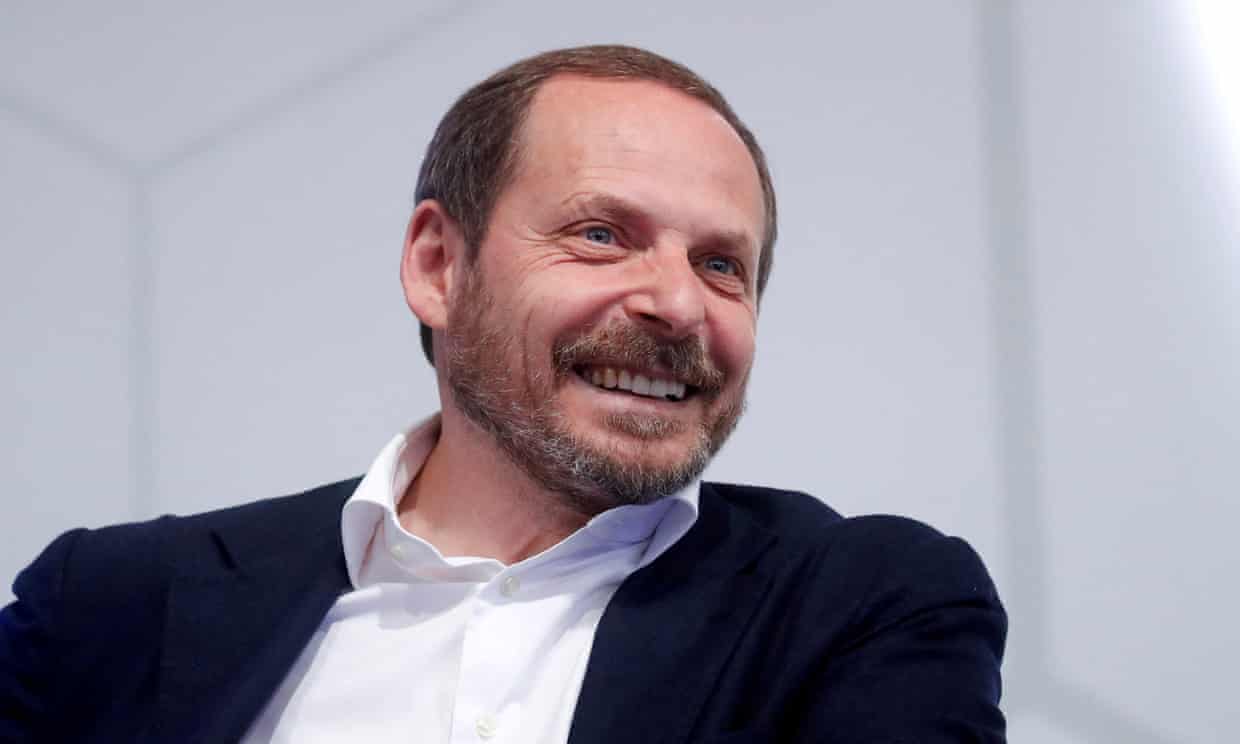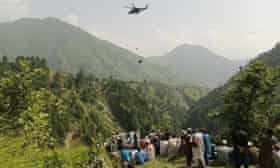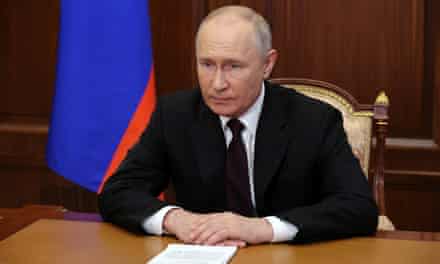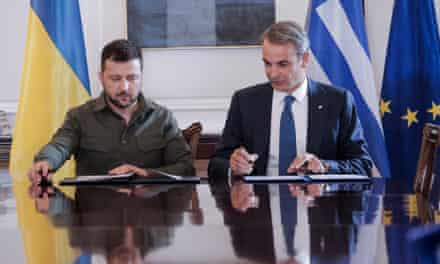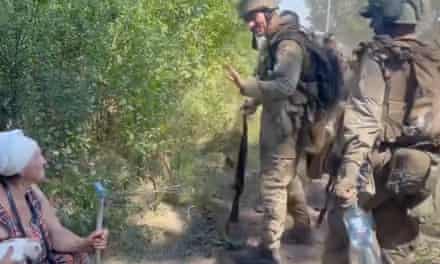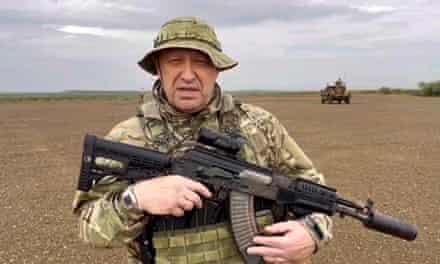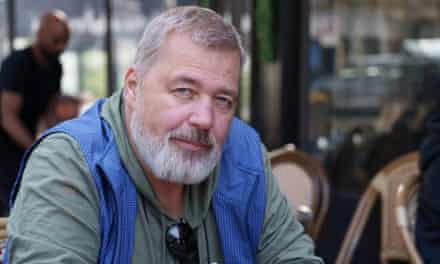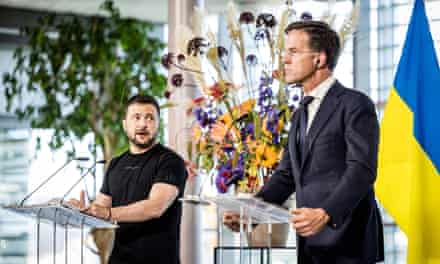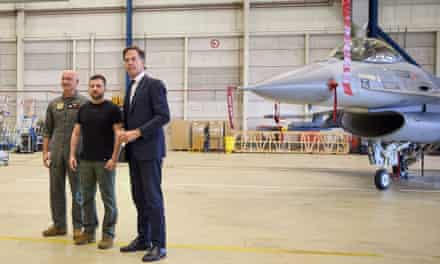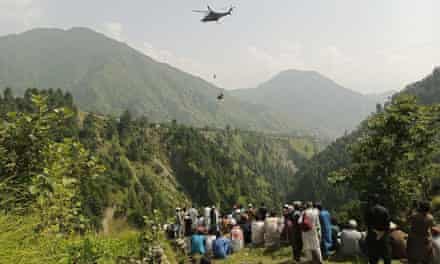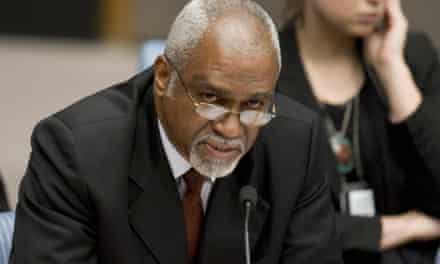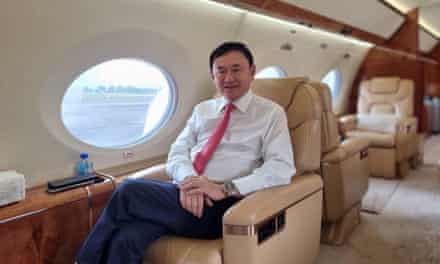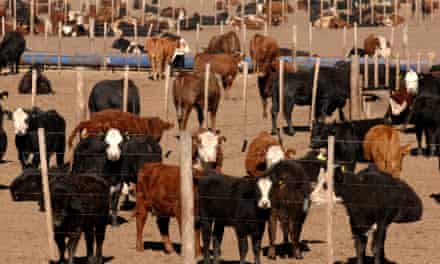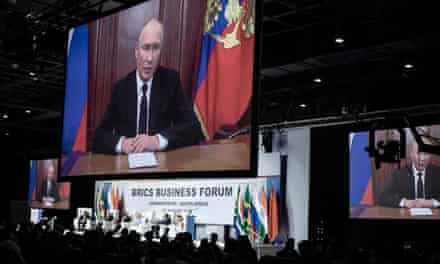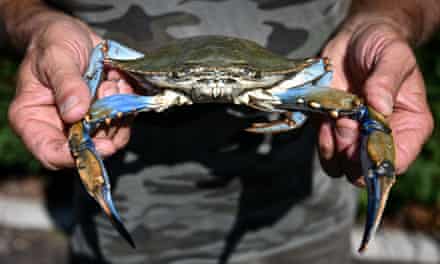The co-founder of Russia’s biggest internet firm has condemned Moscow’s “barbaric” invasion of Ukraine, offering some of the strongest criticism to date by a prominent Russian business figure of the Kremlin’s military actions.
Arkady Volozh, who co-founded Yandex in Russia in 1997, said: “Russia’s invasion of Ukraine is barbaric, and I am categorically against it.”
In the statement, published on Thursday, he said: “I am horrified about the fate of people in Ukraine – many of them my personal friends and relatives – whose houses are being bombed every day.”
Yandex went public on the US Nasdaq stock exchange in 2011. Volozh stepped down as chief executive and left the board of directors after the EU included him on its list of sanctions against Russian individuals and entities in June 2022.
In its statement at the time, the EU wrote that the company was “responsible for promoting state media and narratives in its search results, and deranking and removing content critical of the Kremlin, such as content related to Russia’s war of aggression against Ukraine”.
Volozh, who has lived in Israel since 2014, called the EU’s decision “misguided”.
For years, Russian opposition figures have said Yandex’s news aggregator, which has become a key source of information for many Russians, was censoring articles critical of the government and propping up Kremlin-friendly narratives.
Yandex is pursuing a corporate restructuring that should result in its main revenue-generating businesses inside Russia being spun off from its Dutch-registered parent company, Yandex NV.
This week Volozh described himself as a “Kazakhstan-born, Israeli tech entrepreneur” on a personal website, leading to criticism by pro-war figures and Kremlin critics for playing down his links to Russia.
“Although I moved to Israel in 2014, I have to take my share of responsibility for the country’s actions,” he wrote on Thursday. Volozh holds Russian and Israeli passports.
While some oligarchs have backed Vladimir Putin’s invasion, others have spoken out against the war only in guarded terms.
Prior to Volozh, the other leading Russian businessman to speak out against the war was Oleg Tinkov, the founder of one of Russia’s biggest banks, who renounced his Russian citizenship last year in protest.
The UK last month removed sanctions against Tinkov. He had previously argued that lifting the sanctions against him would encourage other prominent Russians to oppose the war publicly. after newsletter promotion
Volozh’s criticism of the war, more than 17 months after Russian troops entered Ukraine, will probably be met with some scepticism among Russia’s anti-war camp.
Addressing the timing of his statement, Volozh wrote: “There were many reasons why I had to remain silent. You can debate about the time of my statement, but not about its substance. I am against the war.”
Volozh said his priority since the start of the war had been supporting Russian engineers who wanted to emigrate.
“These people are now out, and in a position to start something new, continuing to drive technological innovation,” Volozh said. “They will be a tremendous asset to the countries in which they land.”
Tens of thousands of Russian tech professionals are believed to have left the country since the start of the war.
